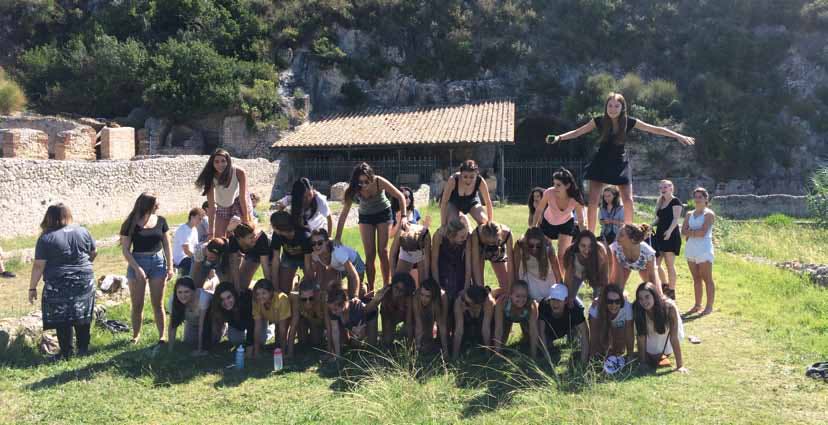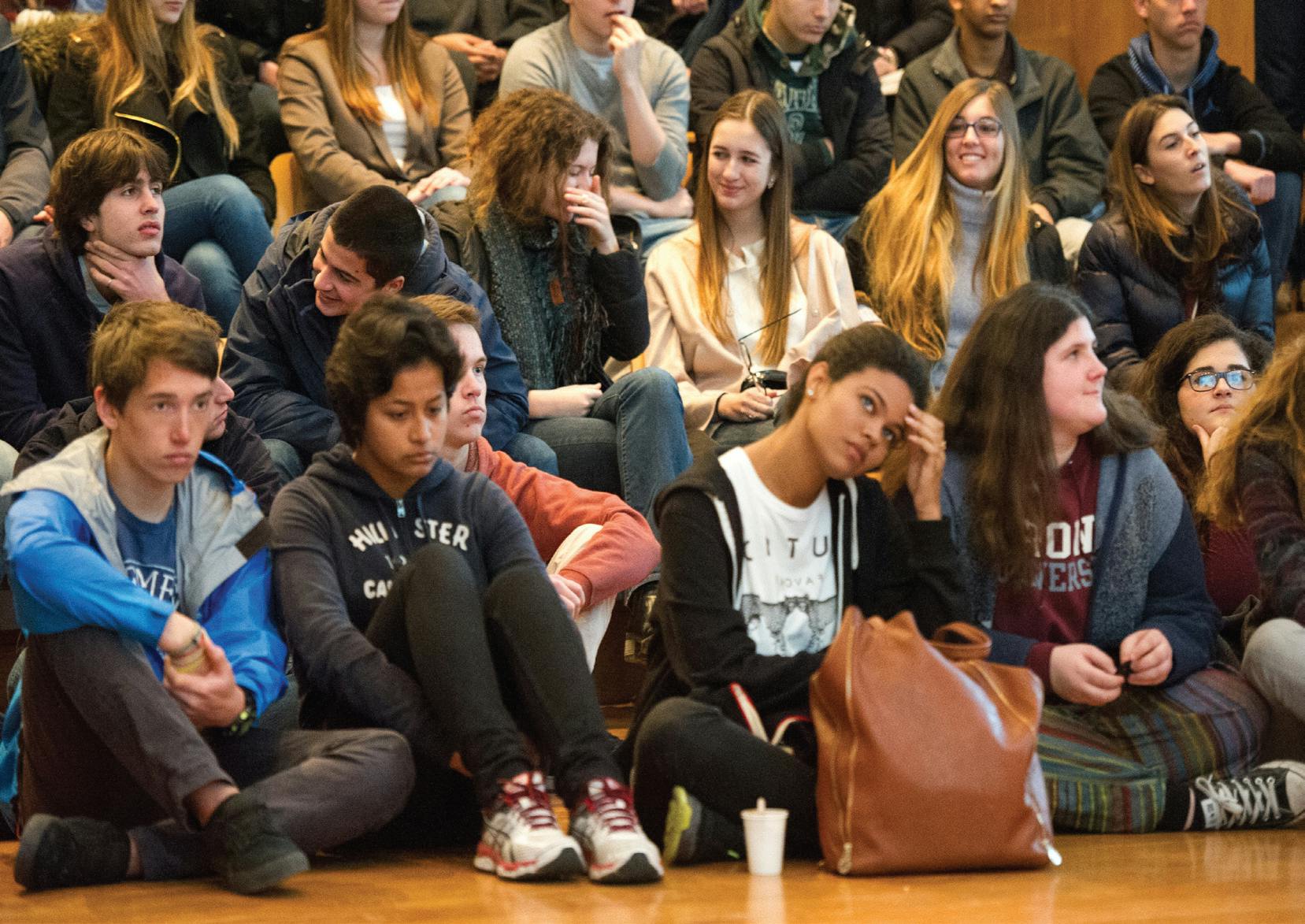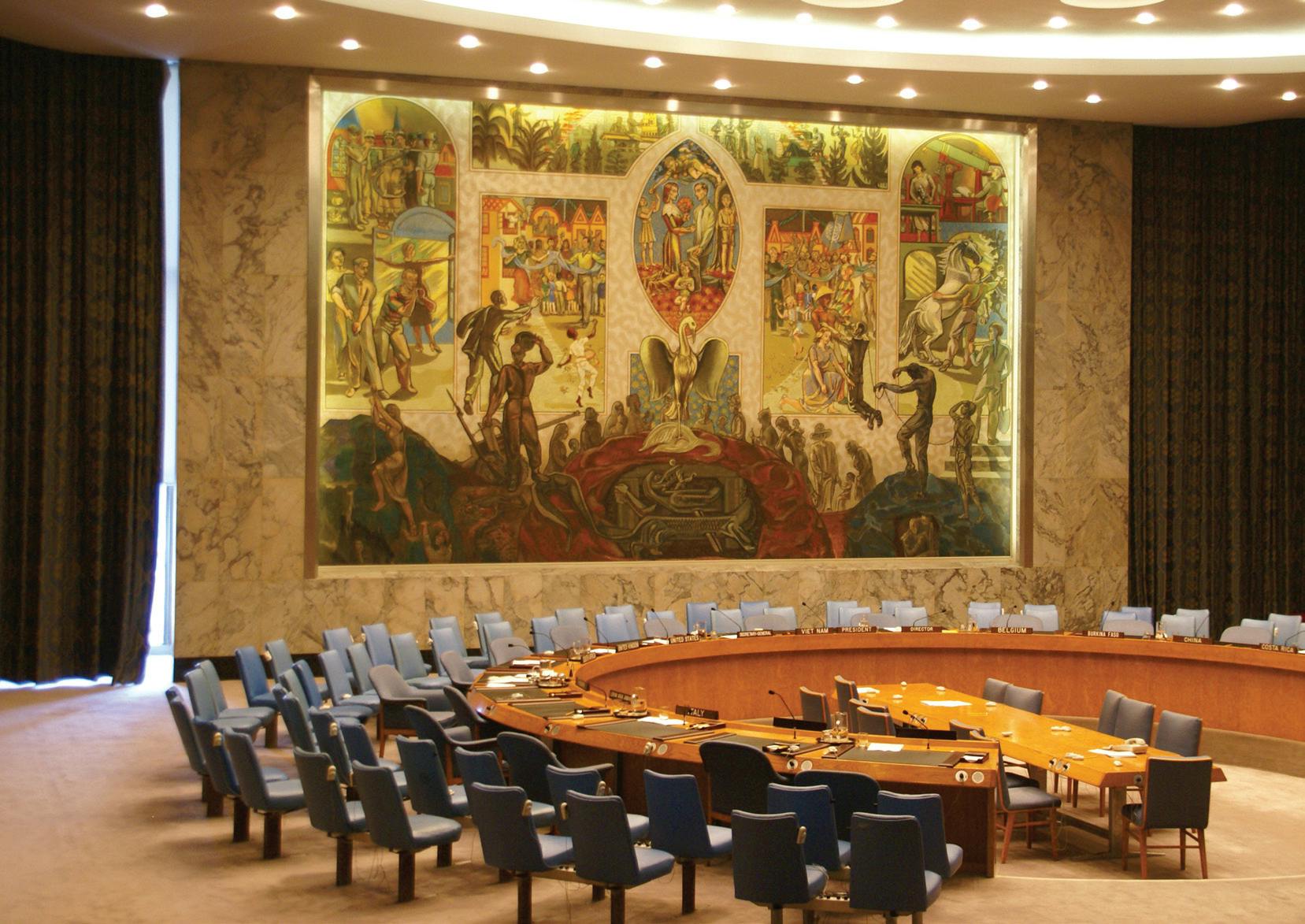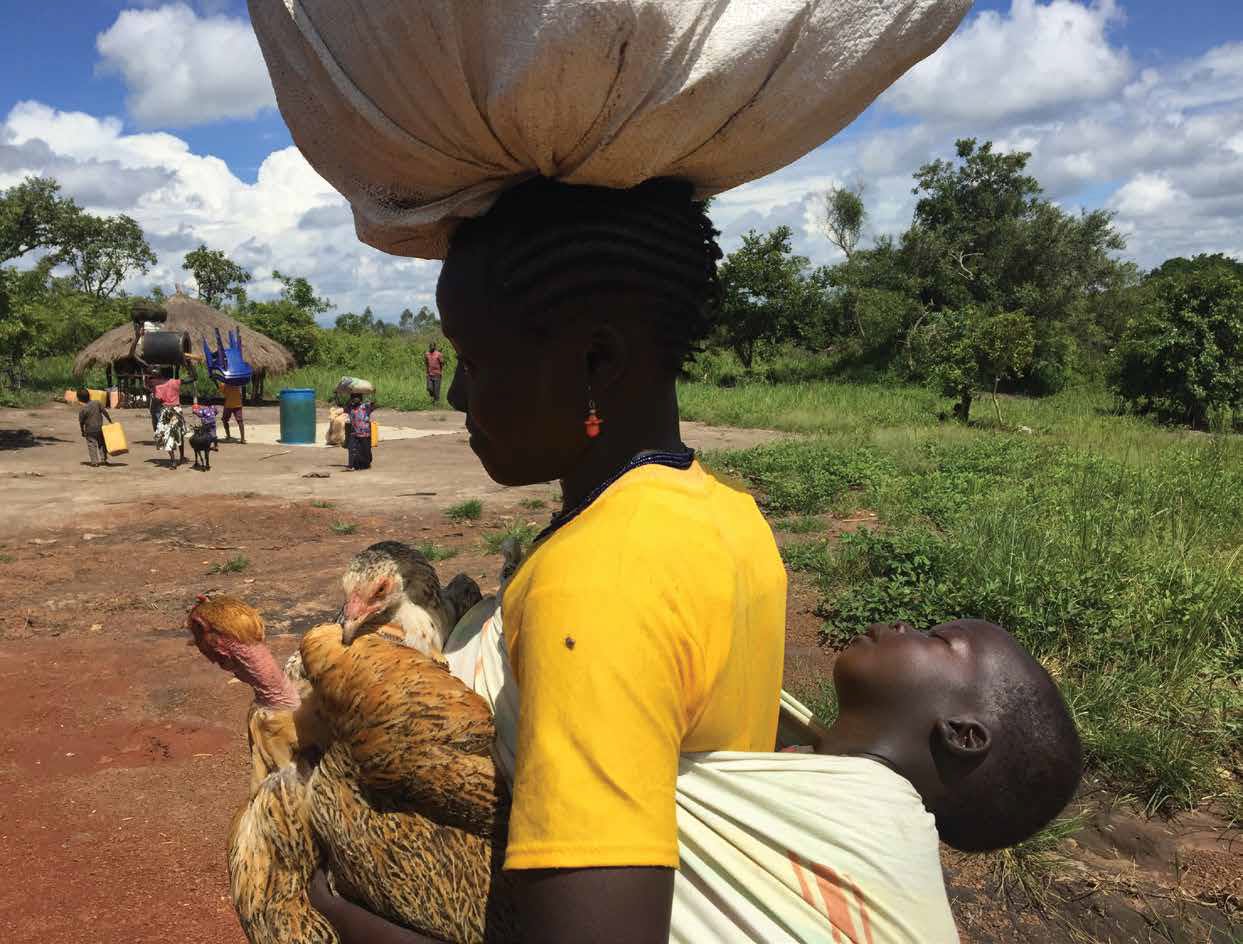
Migrant or Refugee?
At World Food Programme, we do all of the emergency food responses for the United Nations. We are in the frontline areas where there are a lot of crises and, right now, there are more crises than ever before--most of them conflict driven. The number of people suffering from hunger and who are in need of food is on the rise and sixty percent of them live in areas where there is conflict and fighting.
In the last year, I have been from war zone to war zone: Somalia, Congo, Nigeria, Iraq, Yemen, Uganda, where there are refugees, and Bangladesh, where there are growing numbers of refugees. You see first-hand the effects of war and conflict and how difficult it is for people to live in these areas and you understand some of the reasons why they flee.
What I really want to talk about is the word “refugee,” which is kind of a loaded word. “Refugee” suggests that there is a legal obligation for a country to recognize someone as a refugee and to take care of them. Now, when there is a large influx of refugees, citizens of a given host country tend to become more aware of them, so much so that the BBC actually uses language to avoid using the term. Whenever there is an article on the BBC website about people on the move, they put the disclaimer on the article. It says, “the BBC uses the term migrant to refer to all people on the move, who have yet to complete the legal process of claiming asylum. This group includes people fleeing war-torn countries such as Syria, who are likely to be granted refugee status, as well as people who are seeking jobs and better lives, who governments are likely to rule are economic migrants.”
This is kind of a loaded paragraph, which implies that migrants are opportunistic people who are maybe coming to steal jobs, or that they really have a choice and that they’re not leaving because they have to. Our data at WFP suggests otherwise. What we’ve been able to suggest is that an increase in conflict will result in an increase in hunger, which will increase the number of people who become refugees-- people who have to leave.
The cost in 2016, total for refugees, in other words, taking care of refugees, was $16 billion dollars and the amount of humanitarian aid was $15 billion dollars. So one could argue that you could try to change that balance a bit if more people were able to stay at home. What I have seen personally is that people who leave don’t leave easily. It’s the hardest decisions that anyone would ever have to make. These are people’s homes and families. The less you have, the more important those few things you have are to you. And people who are leaving are going to very uncertain circumstances. They have to decide who and what to bring and who and what to leave behind. And there’s very little choice.
About a year or two ago, I met this family by the border between Abyei, South Sudan and Darfur and they were just walking. They were walking through the brush and we asked where they were going and they said they were walking to Darfur to find food.
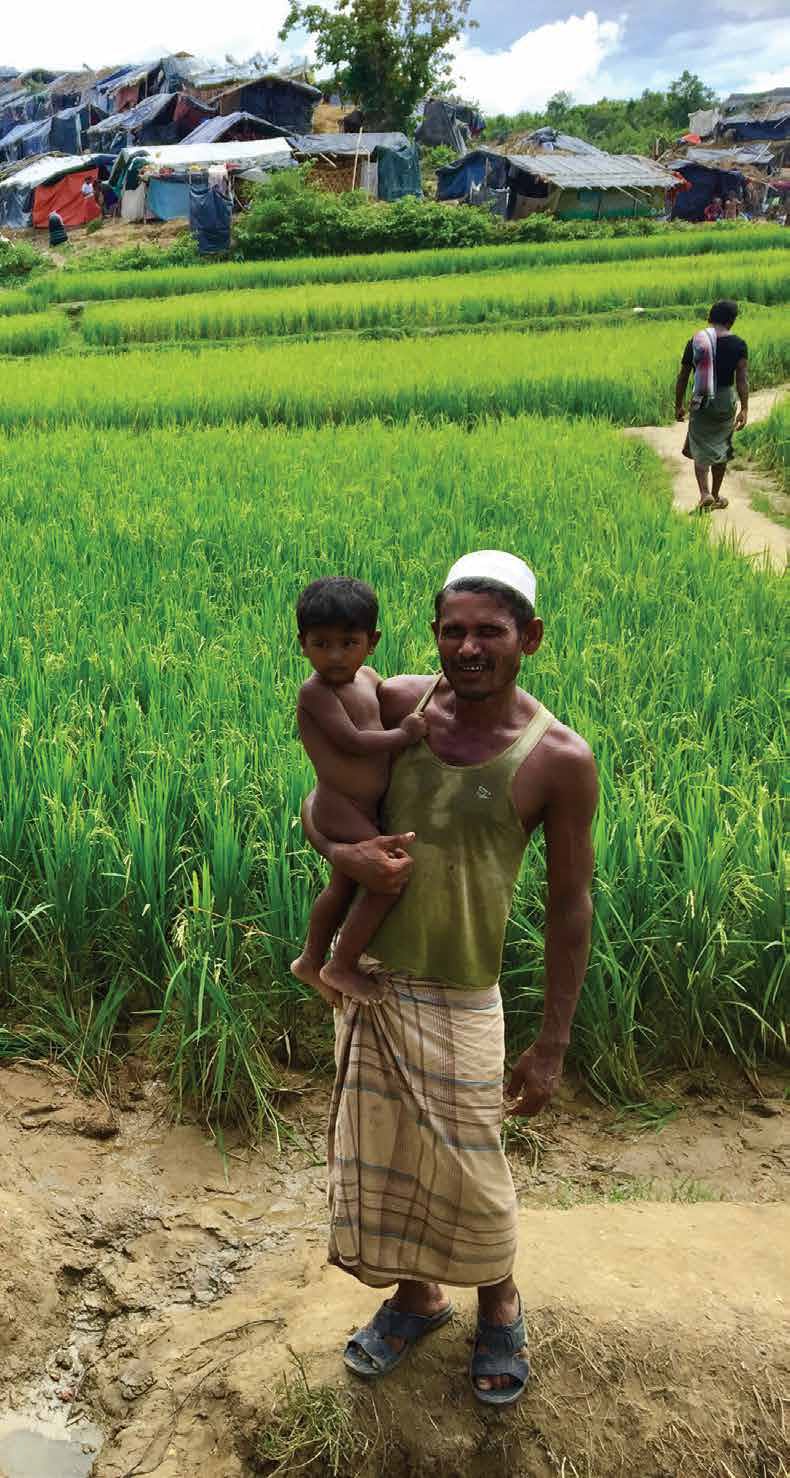
And South Sudan is a relatively new country. A lot of people went there (from other regions) with hope of building a new country and new homes. Unfortunately, it fell into fighting and people just had to move. And these people just couldn’t stay there anymore.
And this man was walking through the brush with his family for two weeks on foot to go to Darfur, which is not exactly the first place you think of when you want to find food. So he left behind his new country, his farm and whatever he had and was so desperate, he was looking for hope somewhere else.
South Sudan is one of the poorest countries in the region that has pockets of famine and unfortunately, it is not going to get better and a lot of the big issues are that people are being forced to move and even if you pre-position food, sometimes fighting happens and they have to move again and then the rainy season is coming and you have no access so you airdrop food and it’s been a really, really difficult situation. And this just gives you a sense of what makes people have to move. This man was angry at the fact he had to make this decision and this isn’t someone who would take this lightly.
These famines that are occurring in South Sudan and Nigeria and Yemen and Somalia are almost all conflict. If people stop fighting then people won’t have to move.







